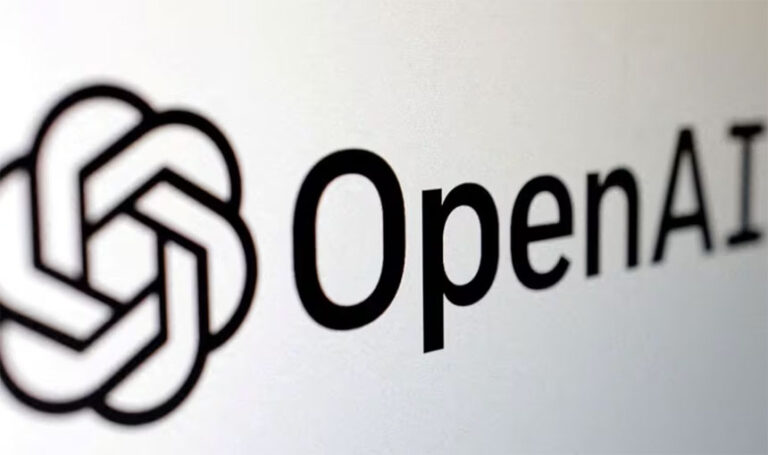OpenAI has scaled back its significant restructuring plan. The nonprofit parent will retain control, which will likely limit CEO Sam Altman’s power.
This decision comes after criticism and legal challenges. Elon Musk, a rival and co-founder, filed a high-profile lawsuit. He accuses OpenAI of abandoning its mission to develop AI for humanity’s benefit.
Altman stated in a blog post on Monday, “OpenAI was founded as a non-profit, is today a non-profit that oversees and controls the for-profit, and going forward will remain a non-profit that oversees and controls the for-profit. That will not change.”
OpenAI had planned to convert its for-profit arm into a public benefit corporation in December. This structure balances shareholder returns with social goals. The nonprofit parent would have been a large shareholder in the PBC but would have ceded control.
On Monday, OpenAI said the nonprofit parent would continue to control the PBC and become a big shareholder. The company will move forward with plans to change the structure of its for-profit arm. This change allows them to raise more capital to keep pace in the AI race.
The move to a for-profit aimed to help OpenAI raise capital and ease restrictions. However, it sparked concerns about asset allocation and balancing profit with its mission.
Bret Taylor, chairman of OpenAI’s board, said in a blog post, “We made the decision for the nonprofit to stay in control after hearing from civic leaders and having discussions with the offices of the Attorneys General of California and Delaware.” He added that the new announcement meant the startup would continue to have a structure “extremely close” to the current one.
Altman called the move a compromise “that (works) well enough for investors that they’re happy to continue to fund us to a degree we think we will need.” OpenAI will work with Microsoft, regulators, and new nonprofit commissioners. They will finalize the updated plan and decide on equity stakes.
Altman said, “We believe this is well over the bar of what we need to be able to fundraise.” He also said there were “no changes to any existing investor relationships” and that the company would proceed with removing profit caps.
Questions remain about the changes and the nonprofit’s control. Currently, OpenAI’s nonprofit fully owns the for-profit entity. The nonprofit board’s mission is ensuring that “artificial general intelligence benefits all of humanity,” instead of creating value for shareholders.
Page Hedley, OpenAI’s former policy and ethics adviser, said, “We’re glad that OpenAI is listening to concerns from civil society leaders … but crucial questions remain.”
He also said, “Will OpenAI’s commercial goals continue to be legally subordinate to its charitable mission? Who will own the technology that OpenAI develops? The 2019 restructuring announcement made the primacy of the mission very clear, but so far, these statements have not.” He worries that the PBC structure will obligate the board to maximize shareholder value.
OpenAI seeks further investment as the pursuit of AI heats up.
In March, they announced plans to raise up to $40 billion in a new funding round led by SoftBank Group, at a $300 billion valuation. The round depended on transitioning to for-profit status. This structure drew attention in November 2023 when the nonprofit board ousted Altman. He was reinstated after five days.
Altman said OpenAI would still be able to receive funding from SoftBank after Monday’s move.
SoftBank and Microsoft did not immediately respond to requests for comment.
The announcement also comes during a legal battle with Elon Musk. Musk seeks to block OpenAI’s transition away from nonprofit control. A jury trial is scheduled for March 2026.
Musk’s lawyer said there was no plan to drop the lawsuit against OpenAI.
“The announcement obscures critical details about the supposed ‘non-profit control’ arrangement, and particularly the sharply reduced ownership stake the non-profit will receive in Altman’s for-profit enterprise – where the non-profit currently holds majority equity.”
A consortium led by Musk made an unsolicited $97.4 billion bid for OpenAI. Altman swiftly rejected it with a “no thank you.”
Click here for more Technology news.


